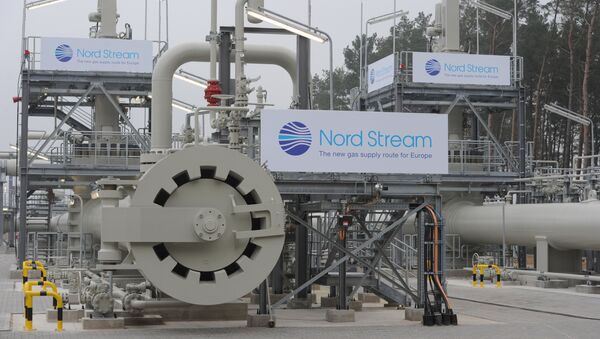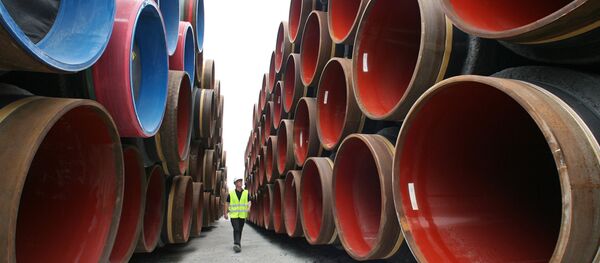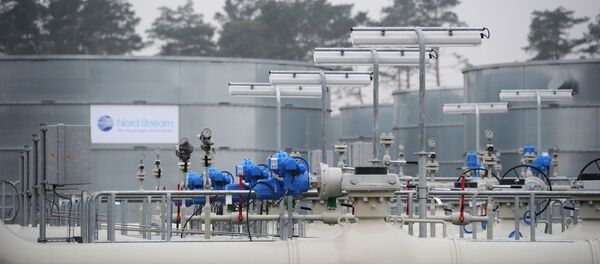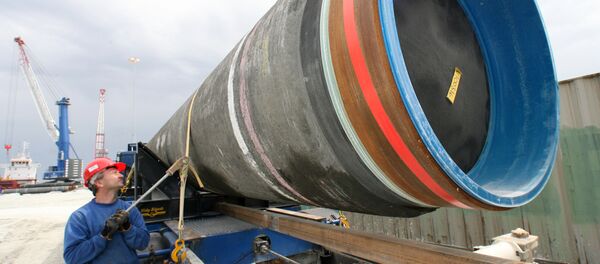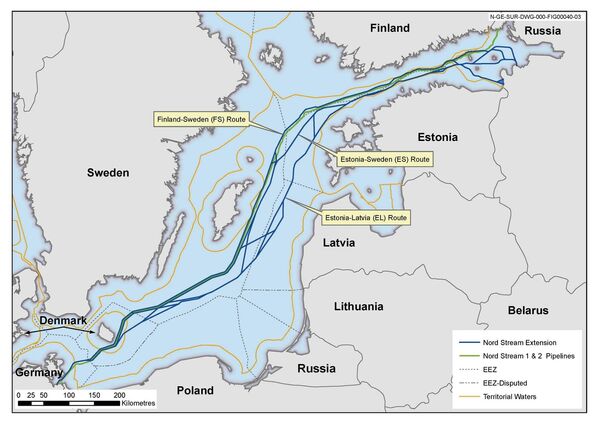In March 2016 nine EU CEE member states sent a request to EC President Jean-Claude Juncker to probe the planned pipeline. They claimed that Nord Stream 2 poses a risk for the region's energy security.
Citing Andriy Kobolyev, chief executive officer of National JSC Naftogaz of Ukraine, Bloomberg reported in mid-June that Naftogaz is calling upon Washington and Brussels to increase sanctions on Russia to "halt work on the Nord Stream 2 twin-pipeline system led by Moscow-based Gazprom PJSC."
Remarkably, US President Barack Obama and Poland's leader Andrzej Duda denounced the project as "not a good idea," during their bilateral talks at NATO's Warsaw Summit in early July.
Washington's tough stance toward Nord Stream 2 is understandable since the US is seeking to expel Russia from the European energy market in the first place, as Kenneth Rapoza of Forbes noted in late May.
However, it seems that the EU's Western European member states do not share a similar stance, and with good reason.
The prospective shareholders of Nord Stream 2 project (beside Gazprom, which holds 50 percent of shares), are Germany's Uniper SE and BASF/Wintershall, Anglo-Dutch Royal Dutch Shell, Austria's OMV AG and France's Engie.
Thus, unsurprisingly, Germany, Austria and France have signaled their willingness to implement the project regardless of Washington's position.
"We consider Nord Stream 2 as an economic project which has to be implemented in accordance with the law… From a political perspective, it is important that Ukraine and Slovakia's interests are not unnecessarily affected by the project," German Chancellor Angela Merkel told journalists in Berlin in mid-June.
Moreover, there are emerging voices in London supporting the Russia-led Nord Stream 2 project.
In his latest study, "Assessing Nord Stream 2," for the European Centre for Energy and Resource Security (EUCERS), King's College London Professor Andreas Goldthau argues that the concerns voiced by the EC and CEE countries are unjustified.
"Nord Stream 2 will enhance the liquidity of Central European gas hubs in EU gas trading and pricing, and strengthen their role as continental price markers," Professor Goldthau stresses.
"As a corollary, Central European gas markets are set to integrate further, which may give consumers a choice and increase gas-on-gas competition in the region. Russian gas might end up competing with Russian gas but also with gas from other sources," the professor explains.
Responding to fears over Europe's energy security and dependence on Russian natural gas, Dr. Goldthau elaborates that in reality, Nord Stream 2 "will partially re-route already-contracted supplies" and "provide for additional capacity to serve a European market."
On the other hand, "the future of Ukraine will not hinge on it remaining a transit country for Russian gas. While the country will indeed lose transit fees should the bulk of Russian gas exports to Western Europe no longer flow through the country, it stands to gain in terms of lower gas prices," he argues.
While the CEE countries believe that "energy security" could be reached through diversified routes and suppliers, "market logic… suggests that energy security is primarily enhanced through competition policy and structural market changes," he notes, advocating the idea of the EU's integrated and liberalized gas market.
In this context, the EC's tough stance toward the Nord Stream 2 project looks rather strange. According to Dr. Goldthau, the EU role should be limited: "the Commission's job is not the choose pipeline routes, but to ensure they are operated in a way that is compatible with market principles."
"As the case of Nord Stream 2 demonstrates, the EU therefore needs to take choices on a central question: is the Commission a regulator (hence neutral) or a political animal?" he asks.
"Regardless of individual preferences regarding Nord Stream 2, it is important to find answers on these questions, as they will determine the type and character of the EU as a political actor going forward," he concludes.
